Nighttime often brings mysterious and unsettling noises, with high-pitched screeches or screams being among the most startling. If you've ever wondered, “What animal makes a screeching noise at night?”, you're not alone. From owls to foxes, various animals contribute to these eerie sounds. This article dives deep into identifying these animals, their habitats, and the reasons behind their nighttime screeches.
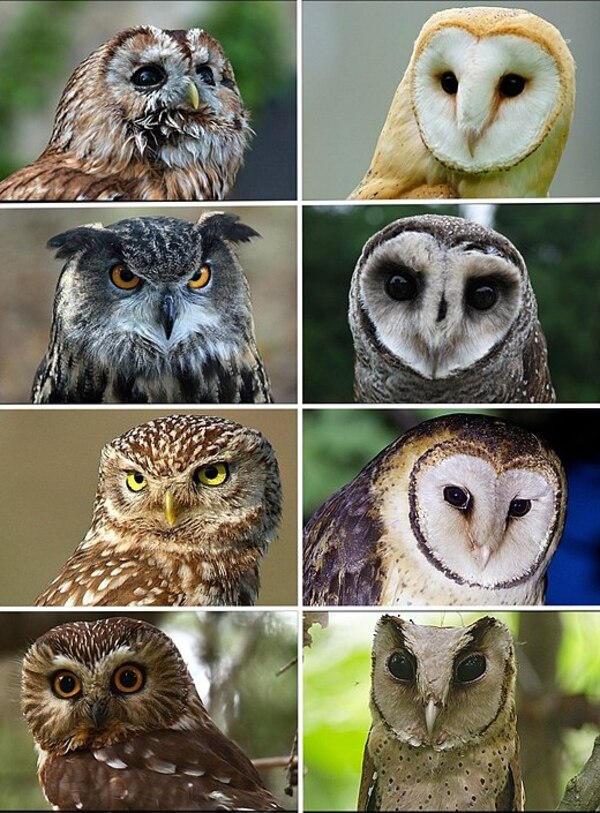
Owls are among the most common culprits of nighttime screeches.
Species: Barn owls are especially known for their piercing screams, which are quite different from the stereotypical “hoot.”
Sound Description: A long, eerie, high-pitched screech often described as “blood-curdling.”
Reason for Screeching: Owls screech to communicate, mark territory, or warn off intruders.
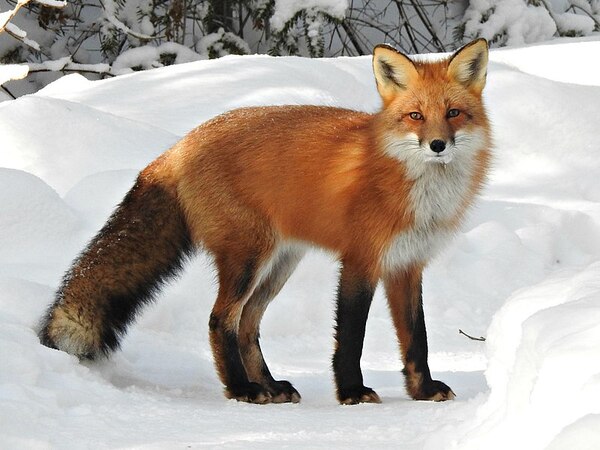
Foxes are notorious for their loud, haunting screams, often mistaken for human cries.
Sound Description: A high-pitched scream or wail, especially during the breeding season.
Reason for Screeching: Foxes use screams as mating calls or to establish dominance.
Seasonality: Most common during mating season, typically in winter.
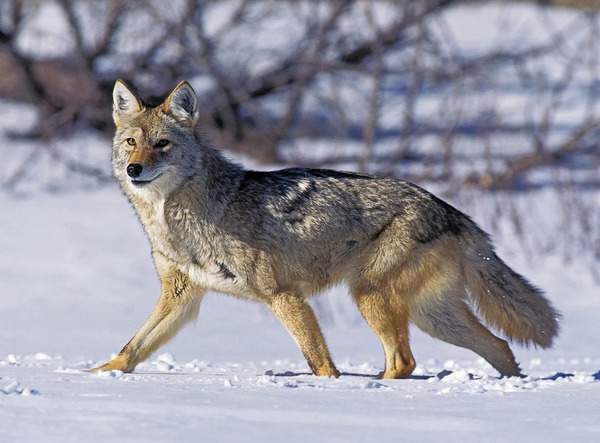
Coyotes are highly vocal and may emit a range of sounds, including howls, yips, and screeches.
Sound Description: A mix of howling and high-pitched yelping that can sound like screeching.
Reason for Screeching: Communication within the pack or signaling territorial claims.
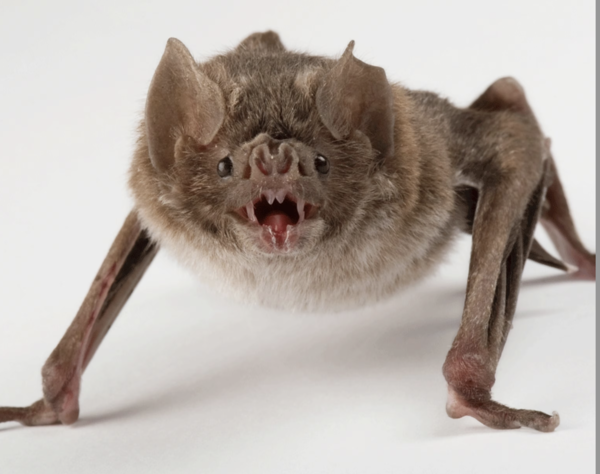
While bats are generally quiet, some species produce audible screeches.
Sound Description: High-frequency screeches or chatter, often heard during feeding.
Reason for Screeching: Echolocation clicks or competitive sounds over food.
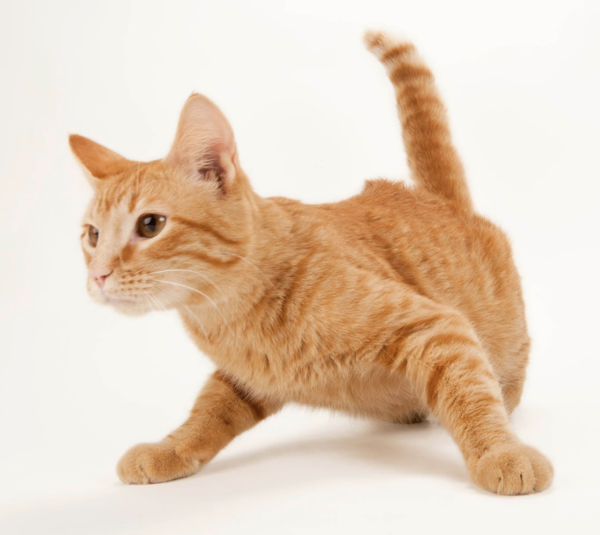
Domestic and feral cats can create piercing screeches, particularly at night.
Sound Description: High-pitched yowls and screeches, often during fights or mating.
Reason for Screeching: Territorial disputes, mating rituals, or defensive behavior.
Sound Description: Chattering or screeching, especially when fighting or communicating with kits.
Sound Description: A loud, sharp bark or scream, usually from female deer when threatened.
Sound Description: High-pitched squeaks or shrieks, often in response to predators.
Many nocturnal animals screech during breeding season to attract mates. Foxes and owls are prime examples of this behavior.
Screeching can signify territorial defense. Animals like cats and coyotes use loud vocalizations to warn off rivals.
Animals may screech when hunting or being hunted. For example, prey animals like rodents scream as a distress call.
Nocturnal animals often rely on sounds to communicate with members of their species in the dark.
Why?: These areas provide ideal habitats for wildlife, leading to a higher concentration of animal sounds.
Animals: Foxes, cats, and raccoons.
Why?: Urban sprawl often brings nocturnal animals closer to human neighborhoods.
Animals: Feral cats and rodents.
Why?: Cities offer ample food and shelter for animals that adapt well to human presence.
High-pitched Screams: Likely a fox or owl.
Chirping or Squeaks: Could be bats or rodents.
Howling with Screeches: Often coyotes.
Trees: Likely owls or bats.
Ground Level: Foxes, cats, or raccoons.
Breeding Season: Screeches are more common during mating periods for many animals.
Nighttime Activity: Most screeches occur between dusk and dawn, aligning with nocturnal behaviors.
Use fences to keep larger animals like foxes and coyotes out of your yard.
Cover potential entry points to deter smaller animals like bats and rodents.
Nocturnal animals dislike sudden lights or water, which can deter them from your property.
Remove food sources, such as trash or pet food left outdoors.
Trim trees to reduce potential nesting spots for owls and bats.
For persistent problems, consider contacting wildlife control experts.
This is most commonly a fox, especially during mating season. Their cries are often likened to a human scream.
Owls screech to communicate with mates, defend territory, or warn off predators.
Yes, coyotes can emit high-pitched screeches, especially when howling in a group.
Most are harmless to humans but may pose risks to small pets or crops.
The screeching noises you hear at night may come from a variety of nocturnal animals, including foxes, owls, and coyotes. Understanding these sounds, their causes, and the animals responsible can help demystify the night and ensure you take appropriate steps to coexist with or deter these creatures. Whether you're in a forest, a suburb, or an urban area, these nighttime serenades are a reminder of the vibrant wildlife that surrounds us.
animal tags: owls
We created this article in conjunction with AI technology, then made sure it was fact-checked and edited by a Animals Top editor.